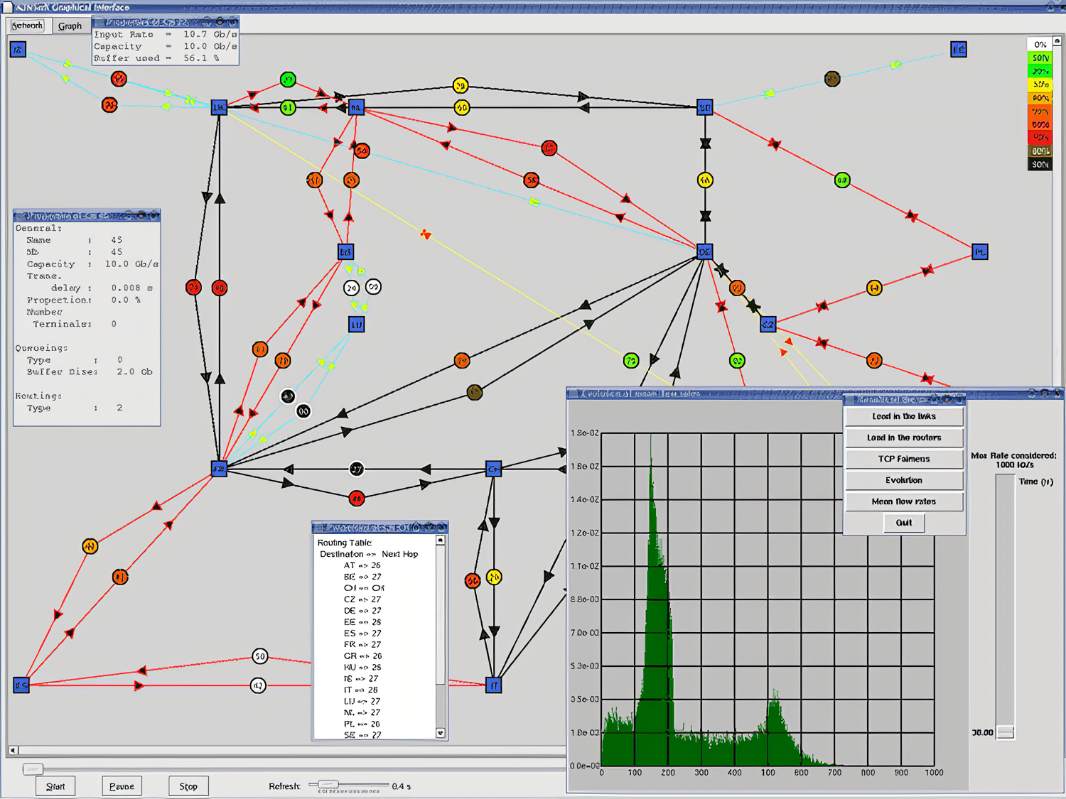
This course provides a comprehensive overview of Quality of Service (QoS) mechanisms in modern computer networks, focusing on strategies to manage and guarantee performance metrics such as bandwidth, latency, jitter, and packet loss. Students will explore the theoretical foundations of QoS, practical implementation techniques, and the role of QoS in supporting real-time and mission-critical applications. Topics include traffic classification and prioritization, scheduling algorithms, congestion management, resource reservation protocols, and QoS support in IP networks. Emphasis is placed on both legacy and contemporary networking technologies, including Differentiated Services (DiffServ), Integrated Services (IntServ), and QoS in wireless and cloud environments. Through lectures, and labs, students will gain hands-on experience in designing and evaluating QoS-enabled networks.
- منشئ المقرر: djemaa Boukhlouf

This course introduces students to the principles and practices of network simulation, a critical tool for designing, analyzing, and evaluating computer networks. Students will explore the use of simulation techniques to model the behavior and performance of communication networks under various configurations and conditions. Emphasis is placed on understanding simulation methodologies, developing accurate models, and analyzing results.
- منشئ المقرر: Somia SAHRAOUI
- منشئ المقرر: Belkacem Abdelli